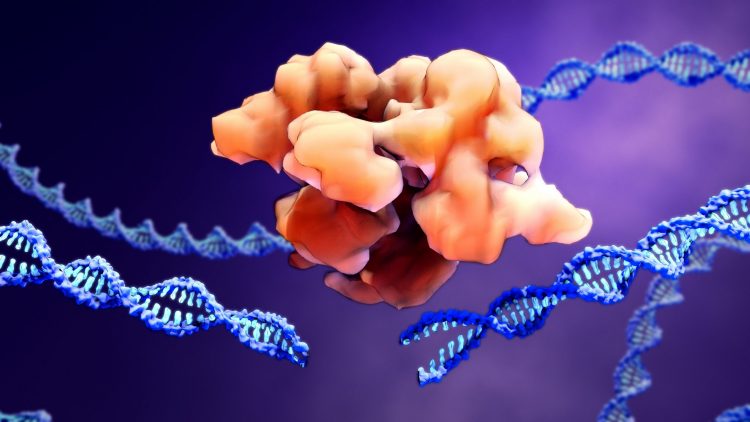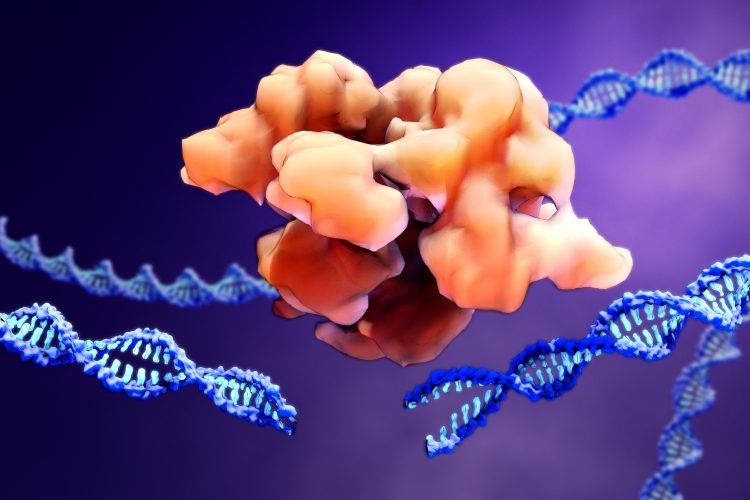Fitness
Cancer dependencies missed by some CRISPR guides

Scientists discovered that, depending on germline variation, CRISPR-based experiments can result in false negatives.

Researchers at the Broad Institute of MIT and Harvard have demonstrated that around two percent of CRISPR guides miss cancer dependencies. They discovered that this occurs disproportionately in cells from people of African ancestry, as CRISPR guides were designed using reference genomes from individuals largely of European ancestry.
CRISPR/Cas9 gene editing has enabled many biomedical experiments, including studies that methodically switch off genes in cancer cells to ascertain ones that the cancer cells rely on to survive and grow. Frequently, these genes, termed cancer dependencies, are promising drug targets. However, numerous CRISPR/Cas9 guides, short sequences of RNA that direct the CRISPR Cas9 enzyme to a specific site in the genome to cut DNA and disable a targeted gene, do not perform equally well in cells from people of certain ancestries.
Dr Rameen Beroukhim, co-senior author and associate member at the Broad commented: “These inaccuracies exist in places we might not recognise and in ways that we wouldn’t have predicted…This work shows that it’s really worthwhile to conduct a systematic assessment of all the tools and datasets that we’re using so that we can fix these hidden biases before they become an issue.” Dr Jesse Boehm, an associated scientist at the Broad and a co-senior author, added: “CRISPR is used ubiquitously in preclinical research, but only a minority of researchers are thinking carefully about the specific germline and ancestries that relate to their model systems.”
Data from the Broad’s Cancer Dependency Map (DepMap), the largest cancer dependency resource, was analysed. The DepMap includes genome-wide screens in over 1000 cancer cell lines. Around about 90 percent of these cell lines are from people of European or East Asian descent.
Although Dr Francisca Vazquez, director of the DepMap at the Broad, stated that less than one percent of cell line-guide pairs in the DepMap are affected by the ancestry bias shown by this study, these biases are important to recognise and repair in future libraries. The DepMap team removed all guide RNAs that did not work from their library after these results were first posted as a preprint in 2022, so that the database indicates there is not sufficient data to make conclusions.
Formerly, the exploration for cancer dependencies concentrated on somatic mutations. However, when Dr Sean Misek, postdoctoral researcher and study first author, joined Boehm’s and Beroukhim’s labs in 2020, he aimed to elucidate how germline genetic variants impact how tumours respond to treatment. Dr Misek discovered several strong associations between ancestry and genetic dependencies, and that most of those associations originated from artifacts related to germline variants. Notably, these effects were observed in CRISPR guides.
Furthermore, the team discovered that 89 percent of guides in genome-scale libraries have a difference in at least one cell line. Additionally, they found that mismatches result more in cells from individuals of African ancestry. “These sorts of experimental biases are probably everywhere in preclinical research,” Dr Misek stated. “We hope that this paper is part of a larger conversation.”
The study team and DepMap researchers concluded that an important way to address this bias is to increase the genetic diversity in large-scale cell line libraries.
This study was published in Nature Communications.










